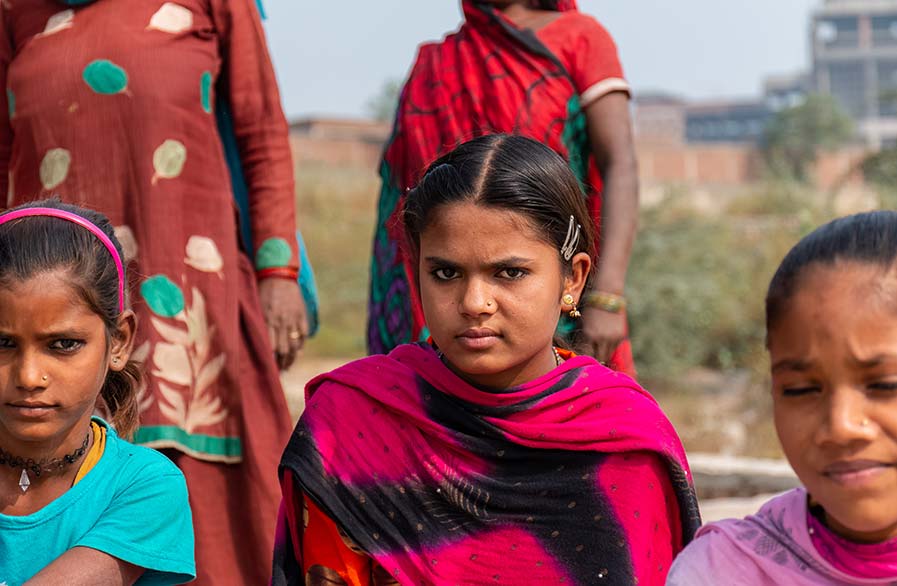The Women and Religion in India project seeks to better understand and interpret the ways in which religion impacts the daily lives of women across India.

Led in India by Dr Juhi Gupta of Aligarh Muslim University and in the UK by Dr Andrew Davies with the support of colleagues, networks and collaborators in both countries, this long-term project comprises a portfolio of smaller, focussed initiatives investigating particular challenges, opportunities and circumstances which confront India’s women daily, in the spheres of lived religion and public life and policy.
74% of Indians surveyed in one study (Pew 2008) said that religion was very important to them. In various ways it pervades and shapes Indian culture and society. Frequently Indian feminists today look to religion as a force for social conservatism, sometimes even an opponent in the struggle for equality, yet faith can be a powerful inspiration to encourage genuine change.
Whether the issue is the exclusion of women from worship at some of the country’s holiest shrines, their economic disempowerment or the additional complications of family and personal law in today’s India, religion impacts women’s freedoms, rights, opportunities and everyday lived experiences. This project hopes to tell their stories.
We also aim to map the mindset of faith leaders, believers and followers of diverse backgrounds regarding the status of women in their respective religions and beliefs and identify the obstacles, where applicable, created by religion in achieving gender equality and suggest affirmative, faith-sensitive measures to deal with them. Our work will therefore develop strategic interventions for supporting women of faith to become more empowered and self-reliant. Resulting outputs from the research will encourage more representation of women in religion institutionally and support the development of further research on the issue.
The research will generate valuable resources for teaching religion, women’s studies, development studies and cultural studies and for better understanding the experience of women in contemporary India and interpreting this into practical policy and humanitarian contexts.